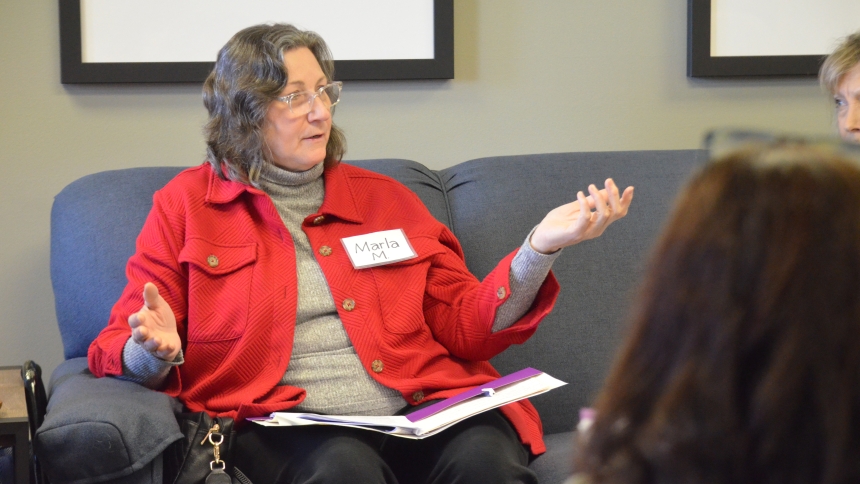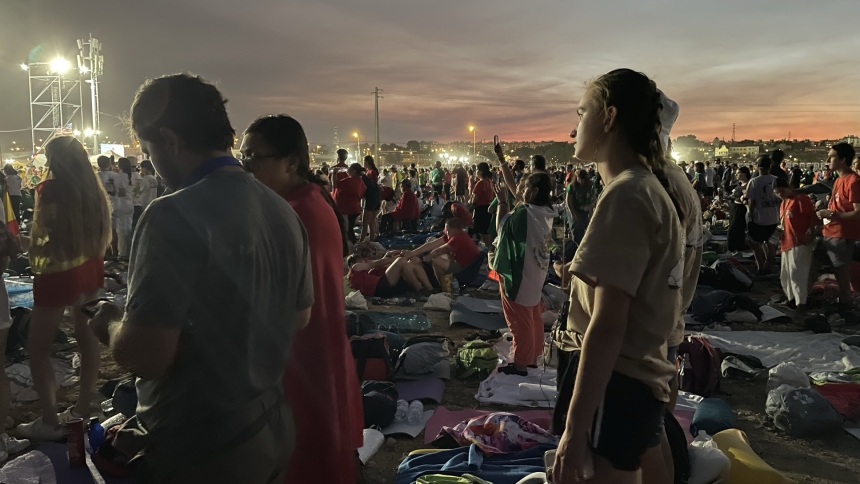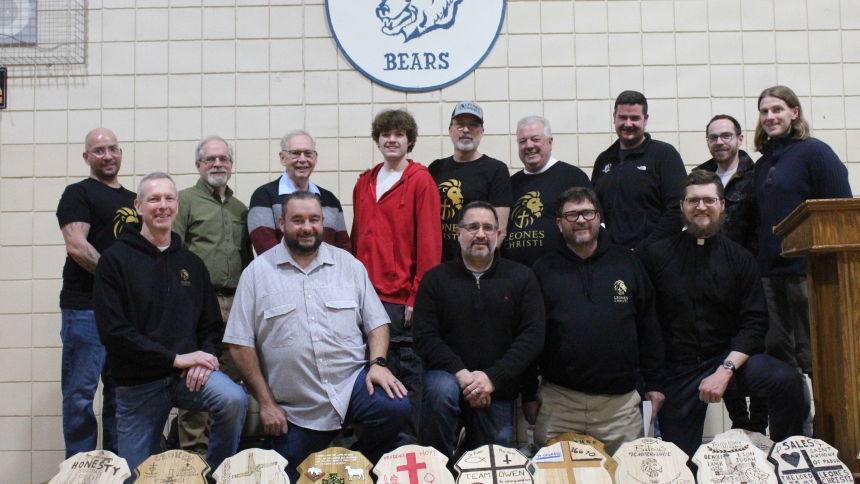
The term “spiritual comm” became more prominent during the days of intense COVID restrictions. During those days, since many of the faithful were not able to attend Mass in person, we encouraged them to at least view a live stream. When the time for distribution of comm occurred, we led the remote congregation in a prayer for a “spiritual comm.” This is a prayer that the graces that would have been received through the reception of the Eucharist would still be imparted to those watching the Mass remotely.
As we returned to Mass over a year ago, I mentioned in a homily that a spiritual comm does not fully substitute for the actual reception of the Eucharist. Jesus intended for us to receive him in the Eucharist and a spiritual comm is not the same as the reception of holy comm at Mass. A faithful woman contacted me that she was disturbed by this. She had thought that the prayer was sufficient to impart such graces. I explained that there is no doubt that God can impart graces in many ways. However, the gift of the Eucharist is unique. It is truly the Body and Blood of Jesus. Nothing can replace this gift.
The Bread of Life discourse in the Gospel of John begins this weekend and will continue through most of the Sunday readings through Aug. 22. As we reflect upon these readings in the coming weeks, it becomes abundantly clear that Jesus offers himself to us in the Eucharist. He offers not merely a symbolic experience, but his very self, Body and Blood, Soul and Divinity. He identifies Himself as the Bread of Life:
“For my flesh is true food, and my blood is true drink. Whoever eats my flesh and drinks my blood remains in me and I in him. Just as the living Father sent me and I have life because of the Father, so also the one who feeds on me will have life because of me.” (John 6:55-57)
In reaction to this teaching, we hear the response of some of his listeners and Jesus’ reply: Then many of his disciples who were listening said, “This saying is hard; who can accept it?” Since Jesus knew that his disciples were murmuring about this, he said to them, “Does this shock you?” (John 6:60-61)
Indeed, this teaching of Jesus is shocking. It is shockingly good news that Jesus wants to give himself to us in the Eucharist. He wants to feed our hungry hearts, to nourish us for the journey of life. The Catholic Church has always held strong in accepting this biblical truth about the Eucharist as the Real Presence of Jesus.
The account in the Gospel of John tells us that this teaching was hard for many to accept: As a result of this, many [of] his disciples returned to their former way of life and no longer accompanied him. (Jn 6:66) Jesus did not tell them to come back and give a “softened” or allegorical explanation of this teaching. Rather, as he neared his passion and the Last Supper, the gift of the Eucharist became even more clear, and that gift continues to be given to us to this day.
There are certainly reasons that exempt one from attending Mass due to health conditions. If you have concerns, you should discuss your situation with your pastor. Many of our most faithful Catholics are homebound. Thankfully, we have ministries in our parishes to bring Holy Comm to such persons. Also, one may be in a state of serious unconfessed sin that should be brought to confession prior to reception of comm even while attending Mass. However, for most of us, there is no reason to delay receiving our Lord Jesus in the Eucharist. We should look at the hunger in our hearts and turn to Jesus for satisfaction, renewal, and commitment to extending his love to others, in response to this great gift.
Jesus loves us so very much that he wants to feed us and send us on mission. I pray that this summer will be a time of renewed appreciation and hunger for the Eucharist. As we begin these Gospel of Life readings, let us be “shocked” into wanting to receive Him more and more in the great gift of the Eucharist, the Body and Blood of Jesus.
Your servant,
The Most Reverend Robert J. McClory
Bishop
Diocese of Gary



